We enjoyed an interesting and thought provoking in-person seminar with our host, Briony Martin. The…
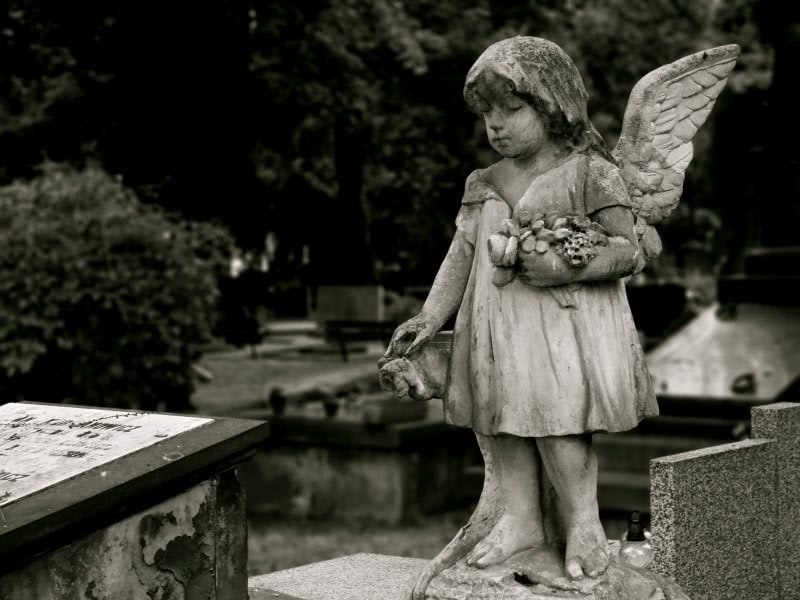
Endings in Life and in Therapy; confronting mortality, separation, dying and death as part of living. With Josefine Speyer (June 2018)
“Death is first and foremost a sacred process, not a medical event“ was one of Josefine’s clear messages in this powerful, intimate seminar. The essence of this workshop was to encourage delegates to embrace death as part of life; to bring death closer to us and to empower each of us to feel more comfortable talking about death so that it becomes an ordinary conversation.
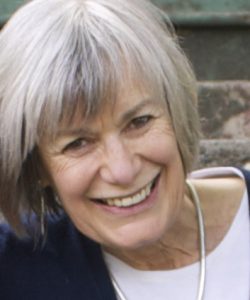
Perhaps the central benefit of thinking/feeling about death and dying is that it can put us in touch with the fragility and preciousness of life. From here we can find meaning in life and thus live according to our most personal, soulful values. Additionally, preparing for our own death when we are fit and well has enormous benefits, namely achieving a “good-enough” death which can reduce suffering in our final days, heal lifelong wounds, and assist our loved ones.
All delegates at this workshop were therapists, and our first exercise was to pair up to talk about our personal experiences of death and dying and what we have learned from these experiences. This exercise was particularly powerful because the “listener” was not allowed to say anything whilst the other person who spoke did so without interruption for 15 minutes. This created a special type of “holding” whereby the “helper/carer” demands absolutely nothing from the “sufferer” but instead trusts in their ability to say what they need to say.
Akin to making a birth plan, we learned about the importance of making a death plan, which can be crucial if we are to achieve a ‘good-enough’ death. “You don’t learn to cook at the moment when people arrive at your house for a dinner party!” said Josefine, therefore we must prepare for a good-enough death well in advance.
This may include the following in collaboration with your loved ones:
- organise a “death dinner” to begin an open discussion around a Livi
ng Will, your funeral wishes, your spiritual beliefs, etc
- discuss how you wish to to be cared for during a serious illness and your dying process (create a support group or a “care circle” now, in preparation)
- discuss where you prefer to die and in the presence of whom, and what should happen to your body
- discuss the various options for a funeral and burial
- write your own obituary
- create a video of how you remember your life
- create a memory book with and for your child/ren
- settle practical affairs, create a file of your important papers
The dying process – and therapeutic endings – can include:
- managing the loss of what we already have as well as what we have never had
- managing feelings of separation which re-ignite our early years of attachment and the re-playing of old complexes and emotional struggles
- feelings of helplessness and the loss of our normal defences
- experiencing different reactions to endings, such as those borne of fear and an inability to “stay until the end”, or an inability to separate
- managing fear of the unknown, ie expressing our vulnerability rather than numbing ourselves to fear
- a life review – a sense of ‘bringing in the harvest’, celebrating our life, and letting go
- saying “I love you” and “thank you”
Those who are near to death may experience:
- a spiritual journey beyond physical reality
- death-bed visions which may include seeing loved ones surrounded by intense light, or a religious figure
- talking in symbolic language
- extreme physical senitivity (akin to a small baby)
- an urgent need for earthly matters to be settled
Josefine shared with us the after-death communications from 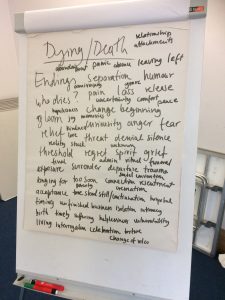
I believe this was our most moving and personal seminar since we started running CPD events in 2011. Josefine Speyer was an excellent and compassionate facilitator, clearly well versed and experienced in this subject. A psychotherapist and death-educator, she has been running “death salons” in London for many years and set up the Natural Death Centre in 1991 – see further information below about her upcoming events.
I thank all participants for their openness and mutual support during the course of this workshop.
Feedback from delegates is listed below, plus Josefine’s forthcoming events in London.
Wendy Bramham
June 2018
Feedback scores and comments:
Organisation of event: 4.93 out of 5
Quality of speaker (Josefine Speyer): 4.71 out of 5
“This was a beautiful, balanced and well facilitated seminar”
“The day was full, open, emotional, helpful and enlightening”
“Excellent communication on lead-up and on the day and very enjoyable” Claire Shaw (Metanoia Insitute)
“I reallly appreciated the generosity and empathetic approach of this speaker and the participatory nature of the seminar” Merri Mayers
“Rich and rewarding”
“Excellent personal presentation – bubbling with joie de vie and persmmission to enjoy talking about death”
“Really lovely – all of it. Comfortable interaction, encouraged and enabled” Siobhan Nell
Details of forthcoming events by Josefine Speyer:
Natural Death Salon film: ‘Living Whilst Dying’
Sunday, 23rd September 2018
6.30pm – 9.30pm
Natural Death Salon:Cancer: Survivorship and sailing on
Talk by Dr. Judith Edwards
Sunday 14 October 2018
2.30pm – 5.30pm

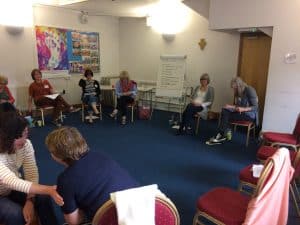
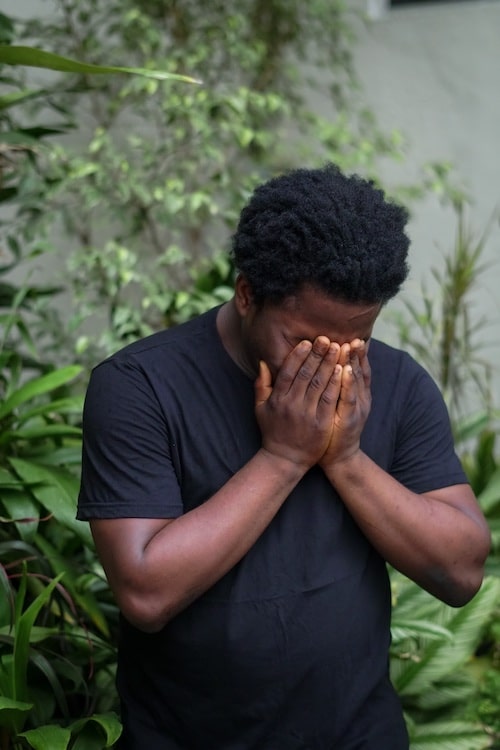

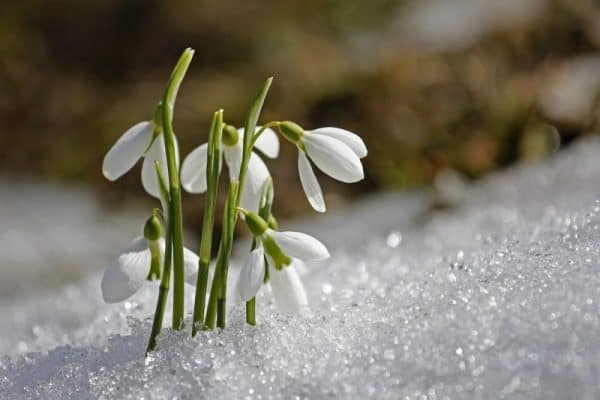
This Post Has 0 Comments